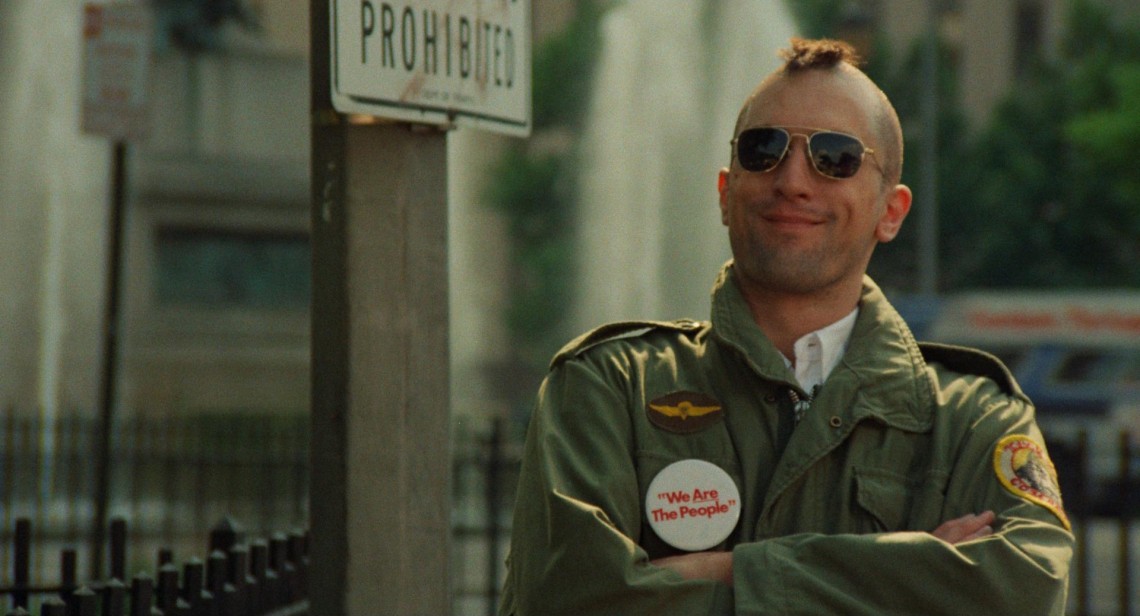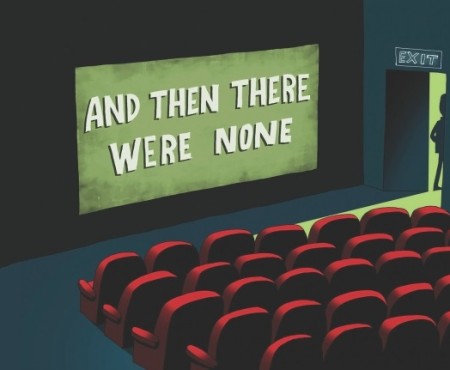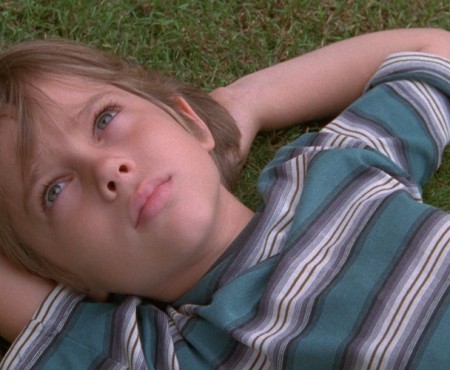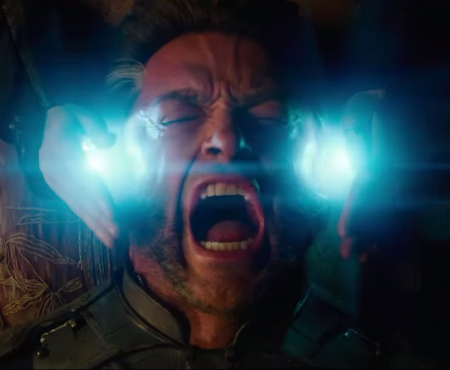Taxi Driver is considered one of the classics of Martin Scorsese’s filmography, but when that title is mentioned most don’t think of the film, they recall John Hinckley Jr. and his attempted assassination of President Ronald Reagan. That association has undoubtedly been permanently seared into the reputation of Taxi Driver, but it will never tarnish that picture. Such claims that cinema could be at fault for the actions of a person with mental illness are odd, but they pop up just as often as the shootings themselves.
After the events of Isla Vista, The Washington Post’s Ann Hornaday caused a stir laying part of the blame for Elliot Rodger’s killing spree at the feet of Seth Rogen and Judd Apatow.
How many students watch outsized frat-boy fantasies like “Neighbors” and feel, as Rodger did, unjustly shut out of college life that should be full of “sex and fun and pleasure”? How many men, raised on a steady diet of Judd Apatow comedies in which the schlubby arrested adolescent always gets the girl, find that those happy endings constantly elude them and conclude, “It’s not fair”?
It’s completely fair for Hornaday to question Hollywood, an industry dominated by white males, for influencing a culture of casual misogyny, but everything else is in her article is a crass attempt at defamation. What could have provided an outlet to openly and honestly discuss sexism in movies led to a tawdry straw-man argument.
The mass murderer, whose name I won’t mention anymore, took far more of his personal philosophy from the legion of “men’s rights activists” online than any comedy directed by Judd Apatow. Rodgers refused to take responsibility for his own shortcomings and Hornaday absolves him by blaming movies for his murders. Her article’s point of view is not only irresponsible, but a total misreading of the films that she threw under the bus. Knocked Up isn’t a celebration of stunted adolescence, Seth Rogen’s character doesn’t achieve his happy ending until he grows up, learns to respect his partner and take control of his life. Only a critic being willfully obtuse would suggest that Judd Apatow makes films that reward male protagonists for dominating women.
This phenomenon is hardly new and the movie industry is often made the face of mass shootings when the news cycle grabs a hold of these tragic events. The Basketball Diaries received blame for the Columbine shooting due to a short sequence where a leather-jacket-clad Leonardo DiCaprio brought a gun into school and killed his tormentors. When the shootings in Aurora occurred, pundits didn’t even hesitate to question whether The Dark Knight Rises caused the event to happen. There were millions of viewers that saw Christopher Nolan’s Batman trilogy, but only one man chose to murder innocent people watching movies in a theatre. The perpetrators of these mass shootings took a gun into their hands and decided to end the lives of others. “Helter Skelter” didn’t influence Charles Manson to do what he did. Those were the actions of a person determined by his own free will. To claim otherwise is just an opportunity for those murderers to place themselves on a soapbox; to pass the buck to someone else.
Hollywood is an easy target and one that shoulders the criticism too often because other issues are more difficult to debate. Reform in treating mental illness and gun control is harder to discuss with level-heads, so we look for an easy outlet for blame. These aforementioned discussions are worthy of the public’s attention, anything else is just fodder.




















